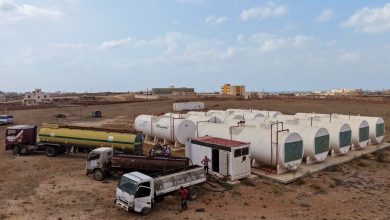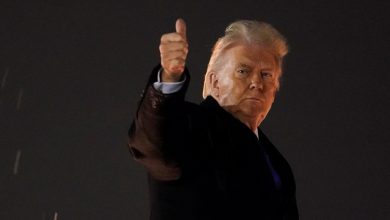President Donald Trump has announced the exclusion of South Africa from the upcoming G20 summit, scheduled to be held in Miami, Florida. The decision, revealed earlier today, is based on repeated allegations of a “genocide” against the white minority population in South Africa, claims that have been widely refuted by international organizations.
In a statement released on his social media platforms, President Trump asserted that the United States would not allow South Africa to have a seat at the G20 table. He further stated that the suspension of American aid to Pretoria would continue. This move follows Washington’s boycott of the previous G20 summit in Johannesburg, a protest against what Trump termed the “systematic persecution” of white farmers.
The South African government has responded strongly, labeling the exclusion as “punitive and unjustified.” A spokesperson for the government emphasized that the accusations being promoted by President Trump are baseless and represent an attempt to tarnish the country’s image on the international stage. They also warned that the exclusion threatens to undermine the G20’s role as a platform for discussing global economic challenges.
The decision marks a significant escalation in tensions between the two nations. Since returning to the White House earlier this year, President Trump has adopted a more hardline stance towards South Africa, focusing primarily on the issue of white farmers. However, United Nations reports and human rights organizations have maintained that these claims do not amount to “genocide” and are being politically exploited to justify stringent foreign policies.
Analysts suggest that this decision reflects an American inclination to reshape alliances within the G20, particularly at a time when disagreements between Washington and several African nations are intensifying over trade, energy, and global governance issues. The move has sparked concerns about the potential for further divisions within the group. South Africa plays a crucial role as a voice for the African continent in international economic discussions.
Observers warn that excluding South Africa could set a precedent, potentially leading to further fragmentation within the G20. The implications of this decision are likely to be felt throughout the international community.




